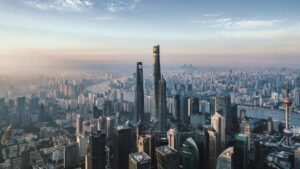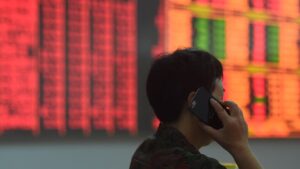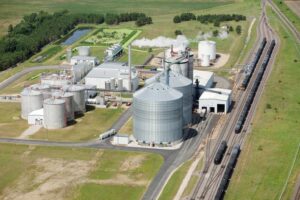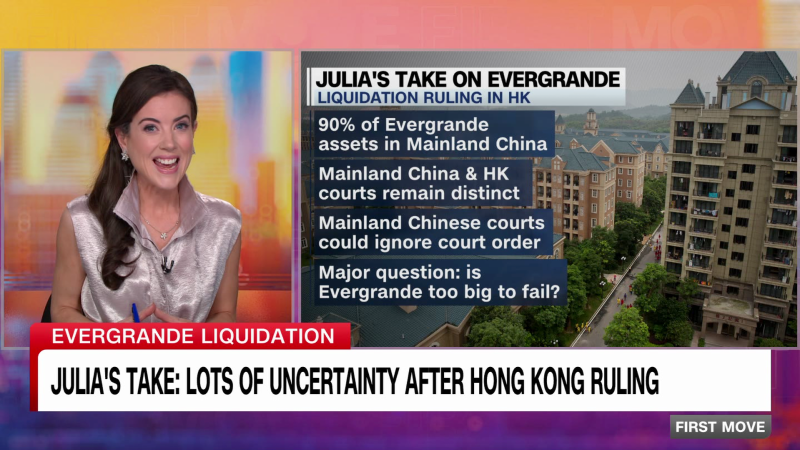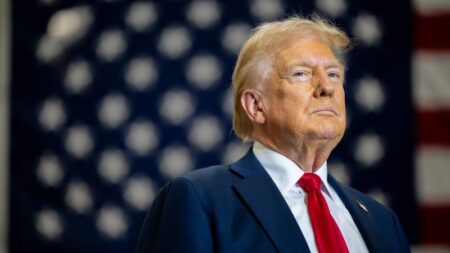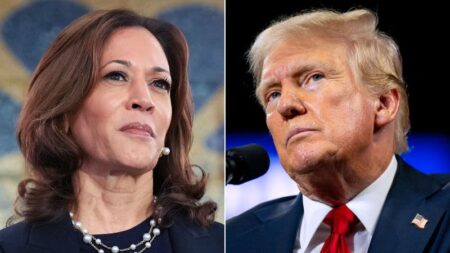The liquidation of Evergrande as ordered by a court this week has raised more questions than answers about how the collapse of the poster child of China’s real estate crisis will affect investors, thousands of workers, and homebuyers waiting for their apartments
On Monday, a court in Hong Kong ordered the winding up of the embattled Chinese company, the world’s most indebted property developer. The ruling comes more than two years after the real estate giant ran into a liquidity crisis, which ultimately led to it defaulting on its debt and filing for bankruptcy in the United States.
Dozens of other major Chinese developers have defaulted on their debt since Evergrande’s troubles began. These include Country Garden, Shimao Group, and Kaisa Holdings.
But there is still little clarity over how the liquidation of Evergrande will unfold. That’s because the legal systems of Hong Kong and China remain distinct, despite Beijing’s growing control over the former British colony in recent years.
While the court-appointed liquidator, Alvarez and Marsal, will have powers to seize Evergrande assets in Hong Kong, and sell them to raise funds to repay foreign creditors, the implications for the company’s vast business in mainland China are unclear.
The picture is further muddled by the fact that there is no precedent. No Chinese company as huge as Evergrande — which was once China’s second largest developer— has been wound up by a Hong Kong court.
The process will be watched keenly by international investors, who have been fleeing China over concerns ranging from the real estate crisis and slowing growth, to Beijing’s shift towards ideology-driven policies.
“For international investors, this is a pivotal moment and what happens next will help them determine their legal strategies to recover anything from other developers that have defaulted,” said John Bringardner, head of Debtwire, a New York-based data provider covering global debt and bankruptcies.
Here are some of the big questions China will need to answer.
Who runs Evergrande now?
According to Hong Kong’s laws, the liquidators are legally in control of the company, including its subsidiaries in China.
Hong Kong and the mainland city of Shenzhen — where Evergrande is based — have a mutual insolvency recognition agreement, but courts in the city are unlikely to recognize the offshore liquidator, experts have said.
This means there is going to be ambiguity for a while over who actually controls Evergrande’s mainland operations.
The company was founded in 1996 by Hui Ka Yan, also known as Xu Jiayin in China. Once the second-richest person in Asia, Hui has seen his life change drastically in the last couple of years. His fortune has collapsed and he was detained by authorities last September on suspicion of committing unspecified “crimes.”
It’s unclear what has happened to Hui since his detention. But Xiao En, the company’s CEO and executive director, has been in charge since last year.
Earlier this week, Xiao told Chinese state media he was sorry about Hong Kong court’s decision, and would cooperate with the liquidator while trying to maintain the company’s operations.
He also said that the liquidation order doesn’t affect the operations of subsidies that are “independent legal entities,” including its main property development business, Hengda Real Estate Group, which has most of its assets in mainland China.
“At present, the management and operation systems of Hengda Real Estate Group and other domestic and overseas subsidiaries as independent legal entities remain unchanged,” he told the 21st Century Business Herald.
Can Evergrande still build and sell apartments?
At least until Hui was detained four months ago, the company was still active in completing and selling tens of thousands of homes across the country.
Before it ran into trouble, Evergrande had more than 12,000 employees, raked in more than $110 billion in sales, and owned more than 1,300 property developments in 280 cities.
After the company defaulted on its offshore debt in December 2021, sending shockwaves through the world’s second largest economy, the Chinese government has taken a leading role in guiding the company through a restructuring.
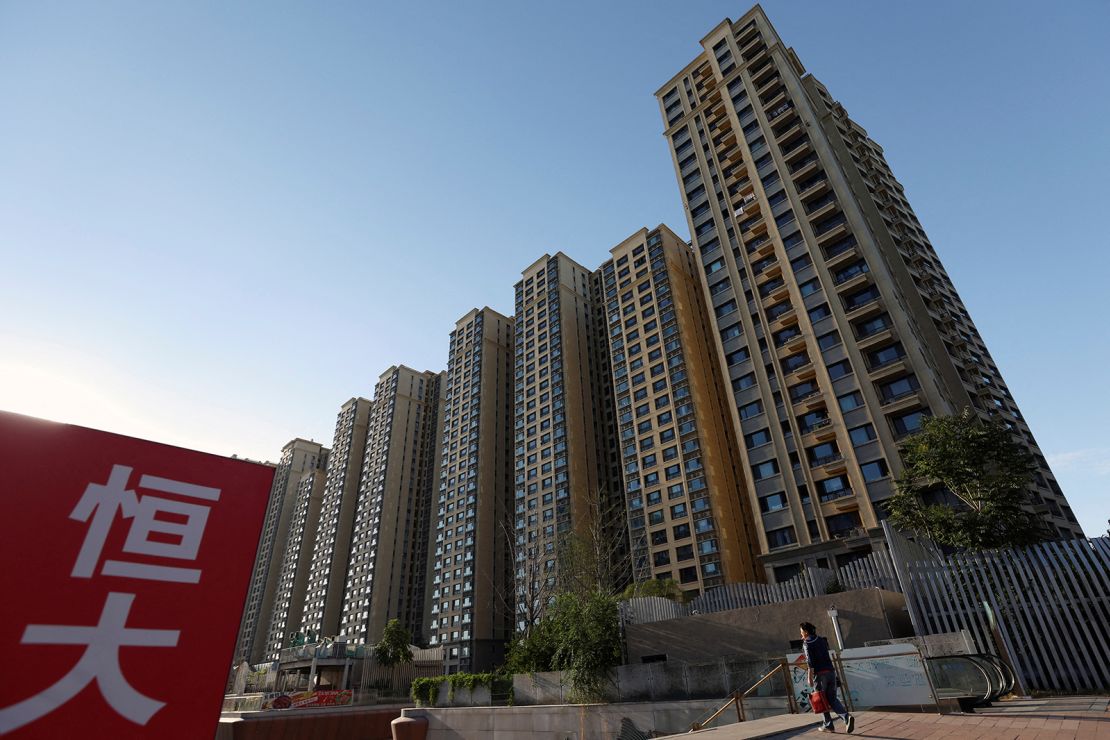
Hui, who was still chairman at that time, pledged to prioritize completing hundreds of thousands of homes that the company had pre-sold to households across the country. This was crucial to stop angry homebuyers from protesting against the company and the government.
Since then, Evergrande has been building and selling apartments in mainland China, even though it has been unable to repay its debts.
By February 2023, the company had completed and delivered a total of 421,000 homes across the country over a 14-month period, according to a stock exchange filing published last March.
Months later, Evergrande released its interim report for 2023, which showed it sold 33.4 billion yuan ($4.7 billion) worth of apartments in the first half of last year.
Maybe.
Xiao, the company’s CEO, pledged this week to maintain “normal operations” of the company’s business.
“The group will steadily advance key tasks, such as guaranteeing the handover of buildings, and maintain the quality of property services,” he said.
Evergrande still has numerous unfinished homes.
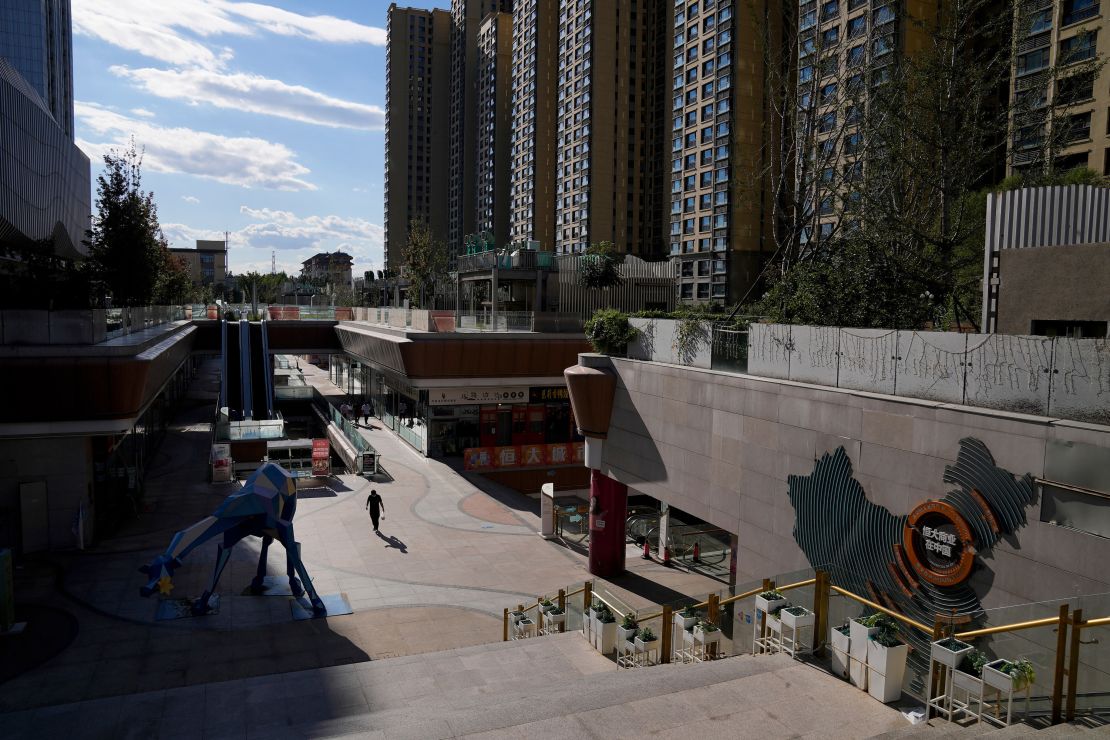
According to statistics compiled by China Index Academy in late 2021, Evergrande had 1,322 unfinished property developments across the nation.
Diana Choyleva, chief economist for Enodo Economics, said that the government may order various agencies and state-owned enterprises to ensure that unfinished projects are completed, and domestic creditors are repaid where possible.
Ensuring construction and delivery of unfinished homes has been a government priority since 2022, according to the Politburo, a top decision-making body of the ruling Communist Party.
Last week, Xiao Yuanqi, deputy head of China’s National Financial Regulatory Administration (NFRA), said that nearly 350 billion yuan ($49 billion) in special loans for guaranteeing delivery of unfinished homes have been issued since 2022. Commercial banks have also provided financing to developers to ensure delivery of unfinished homes can be achieved.
Not at the moment.
“I don’t believe this should immediately affect job losses in the mainland,” Bringardner said.
At the end of 2022, Evergrande had a total of 102,910 employees, according to most recent available data from the company.
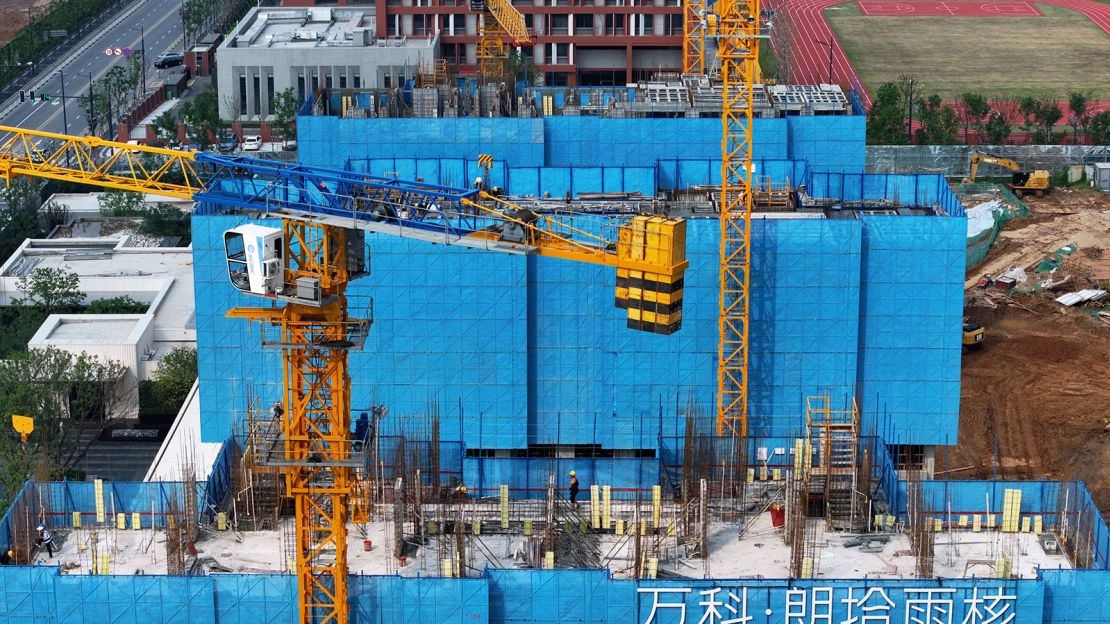
Some ailing Chinese developers might be allowed to go bankrupt, said Choyleva.
In the last couple of years, Beijing has introduced several measures, including slashing of mortgage rates and cutting down payments, to try to revive home-buying.
The property sector has played an outsized role in the Chinese economy. Real estate and related industries accounted for as much as 30% of GDP.
The Chinese government late last year started drawing up a white list of real estate firms eligible for financial support from the state.
Last Wednesday, the People’s Bank of China, the Finance Ministry, and the NFRA jointly announced that they would expand access to commercial bank loans for property developers.
“These policies indicate that healthier developers can therefore expect increased funding this year, while those struggling to clear their debts will likely go the way of Evergrande,” Choyleva said.
Experts say it might take a while for there to be clarity on the next chapter for Evergrande.
“Keep in mind that part of what makes this such a critical test case is that it’s an open question whether mainland courts and officials will recognise the authority of Alvarez & Marsal and the Hong Kong court,” said Bringardner.
“In laymen’s terms, the liquidators will have very little ability to take control of onshore assets if they can’t get recognition by mainland courts,” he added.
Choyleva, meanwhile, believes that Evergrande will eventually suffer the same fate as other failed businesses in China, such as Beijing-based insurer Anbang and Hainan-based airline HNA.
Both were eventually ordered to liquidate and were taken over by the government.
“We expect a protracted liquidation and the divvying-up of Evergrande’s mainland operations,” she said.
“Evergrande itself will eventually cease to exist.”
Read the full article here

